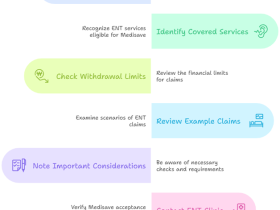The KI medications are available in different forms, such as tablets, capsules, oral solutions, oral liquid, etc. The Potassium Iodide capsules and tablets should not be broken or chewed on as a method of consumption as it diminishes its affectivity.
They are used for several treatment methods, like thyroid problems, crane diseases, or for the preparation of thyroid surgery.
There is a recommended dosage as per the form of the medication and as per the person’s weight and age.
Dosage as per the form of medication:
Oral solution:
1 gm
Oral liquid:
325 gm
Oral tablet:
130 mg.
Now, these should be taken as per the required daily consumption, say the amount of drops you need to consume is dependent upon your required amount of potassium iodide solution.
For example, if you require 130 mg of potassium iodide daily, you can take one tablet and repeat after 24, only if you need to.
Dosage as per age and weight:
An infant, 1 month to 3 years of age:
32.5mg once.
3 months to 12 years:
65mg once.
12 years onwards (weight- less than 150 pounds):
65mg once.
12 years onwards (weight- 150 pounds or more):
130mg once.
These doses are supposed to be given orally, and according to the need, by the prescription of a doctor.
Potassium Iodide Medication
The Potassium Iodide medication contains stable iodine which helps prevent the radioactive and harmful iodine from being absorbed by our thyroid gland, this medication will however only prevent harmful iodine from being absorbed but would not stop such iodine from entering our body and it will not be able to reverse the already harm caused by the radioactive iodine. This sort of medication however should only be consumed by the advice of a medical professional.
Side Effects
If Potassium Iodide medication is used when not required or consumed more than required (overdose) it might result in some side effects.
Examples,
- An allergic reaction
- Fever
- Hemorrhage
- Swelling in the lymph nodes
- When Iodism happens such side effects can be found:
- Burning sensation in throat and mouth
- Stomach irritation
- Sneezing
- Cold
- Severe headache
- Metallic taste
- Thyroid gland function can be reduced or increased.
- Raw teeth and gums.
When Potassium toxicity happens, such symptoms can be noticed:
- Weakness of muscles and irregular heartbeats.
It also should be taken into consideration that potassium iodide consumption can be dangerous and extremely harmful for pregnant women, women who are breastfeeding, and their babies.
Hopefully, the information provided above is of use to you; please do consider visiting a doctor and making an informed decision regarding the consumption of potassium iodide medication.








Leave a Reply